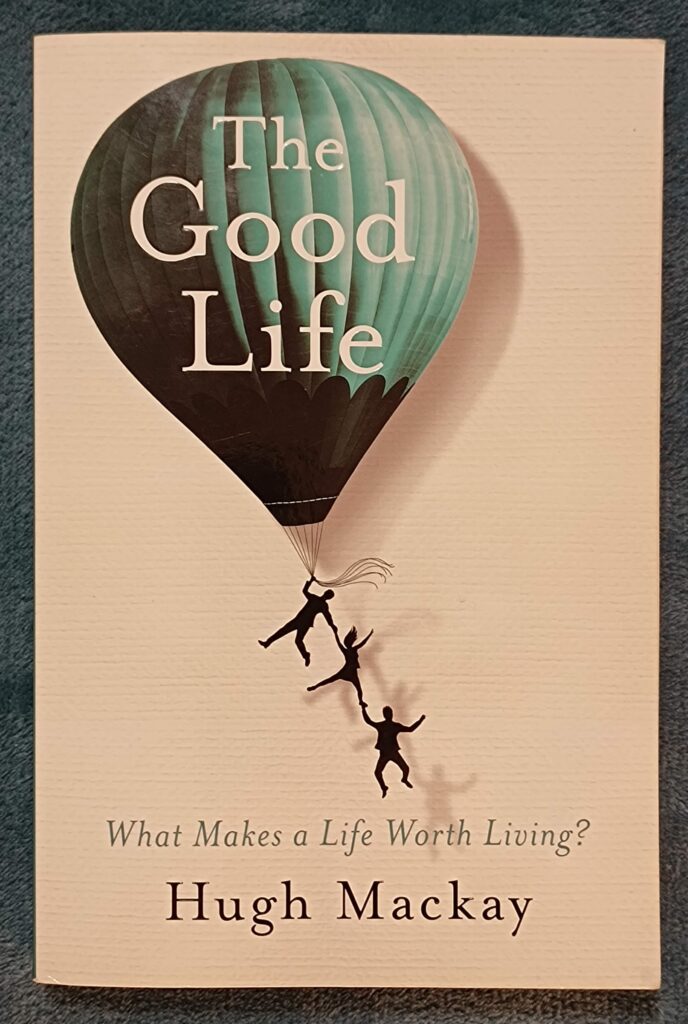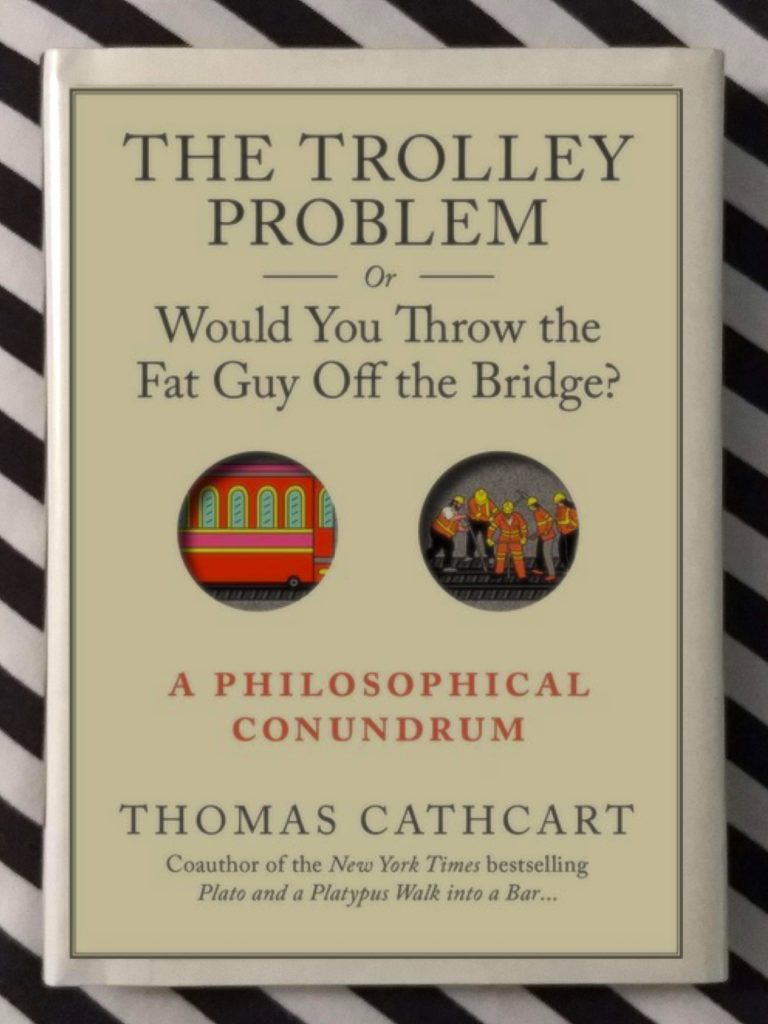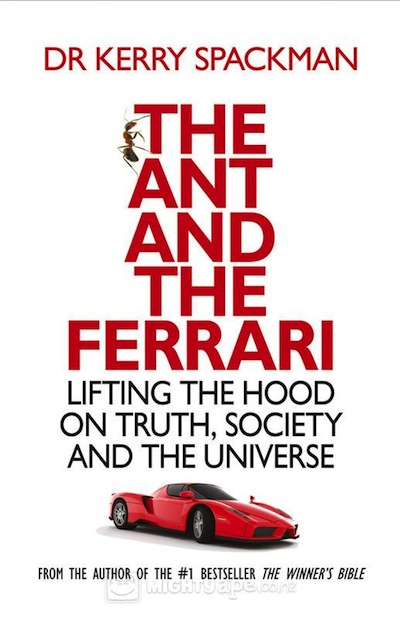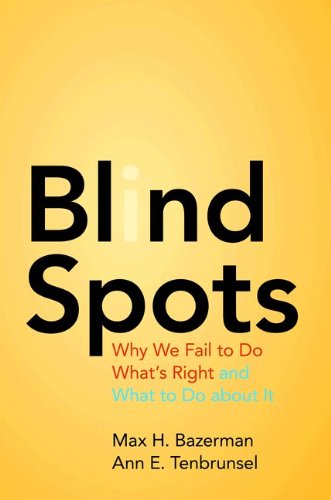
Continue reading“No one can promise you that a life lived for others will bring you a deep sense of satisfaction, but it’s certain that nothing else will.”

Continue reading“No one can promise you that a life lived for others will bring you a deep sense of satisfaction, but it’s certain that nothing else will.”

This is a considered and level-headed approach to free speech. Ash avoids the platitudes and black-and-white dogmatism of the more extreme woke and anti-woke thinking. Instead, he tries to go back to first principles: about what is good and bad about free speech and what happens when it gets pushed too far in various directions. He discusses what the rules concerning free speech should be, and also the laws (they aren’t necessarily the same). In the end he distills it down to ten principles:
Continue reading How should we live? And why does it matter?
How should we live? And why does it matter?
This book is just amazing. In its two massive volumes, Derek Parfit lays out a very detailed and very carefully argued ethical framework. It’s like a prodigiously sustained deep dive into his classic book Reasons and Persons with lots of examples and explanations. It’s also a conversation: one chapter consists of responses to parts of the book from other philosophers, which Parfit then responds to in turn.
From free will to the trolley problem, there is a lot to argue with and a lot to think about. Immersing yourself in it will give you a greater appreciation of what really matters — and just as importantly, why.

You see a runaway railway trolley about to careen through a tunnel: five people in the tunnel will not be able to escape in time and will surely be killed. But then you see a switch that would divert the trolley into a different tunnel. Unfortunately there is somebody in there too, who will be killed if you divert the trolley. What do you do? Do you flip the switch and kill one person to save five?
Continue reading This is a readable, impassioned book about the big questions in life. Spackman explains the big bang and evolution in a very accessible way, probably the best such explanations I have ever seen. He explains how science conflicts with religion on these and other topics, but he does so in a much nicer way than the likes of Richard Dawkins or especially Christopher Hitchens. I could imagine that a religious fundamentalist could read this book and actually understand why so many people are convinced that Genesis is all just made up. It’s hard to imagine any such person getting much out of, say, Hitchens’s God Is Not Great other than the impulse to burn it.
This is a readable, impassioned book about the big questions in life. Spackman explains the big bang and evolution in a very accessible way, probably the best such explanations I have ever seen. He explains how science conflicts with religion on these and other topics, but he does so in a much nicer way than the likes of Richard Dawkins or especially Christopher Hitchens. I could imagine that a religious fundamentalist could read this book and actually understand why so many people are convinced that Genesis is all just made up. It’s hard to imagine any such person getting much out of, say, Hitchens’s God Is Not Great other than the impulse to burn it.
Spackman meditates thoughtfully on the meaning of life before offering a few suggestions on improving our individual lives, and society in general. I really like his ideas — they could plant the seeds for big changes for the better. I could imagine some of them being implemented by enlightened governments in a few decades. The chances of these kinds of policy change may seem remote, but books like this will definitely help. It’s clear and easy to understand, and if enough people read it it could change the world.

This book is all about the field of Behavioural Ethics — how what we do is affected by the way we think about what we do. And vice versa. (Perhaps I could have explained that better.) Probably the most important concept is the idea of Ethical Fade, which happens when a problem with a strong ethical dimension is recast as a different kind of problem. For example, company executives trying to decide how much to charge for some drug might think of it as purely a business decision; the ethical element fades away, leading to a decision that may benefit the company’s profits but is actually at odds with what the executives would normally wish to do.
This is related to the hoops that our minds jump through in trying to reduce feelings of cognitive dissonance. This idea is developed more in an earlier book, Mistakes Were Made (But Not By Me).

Are we truly in control of our own actions, or are they are really determined by our genes and environment? Are our brains really just machines operating according to the laws of physics? Is our free will nothing more than an illusion? And if it is, how can we be morally responsible for anything?
These questions are just about the biggest and most difficult questions we can think about. I know what the answers are, but if you don’t, it would be worth your while to read the first half of “My Brain Made Me Do It” by Eliezer Sternberg. Sternberg raises the questions, discusses some of the evidence and research and identifies some current approaches. It’s a good exploration of the topic and it does get you thinking.